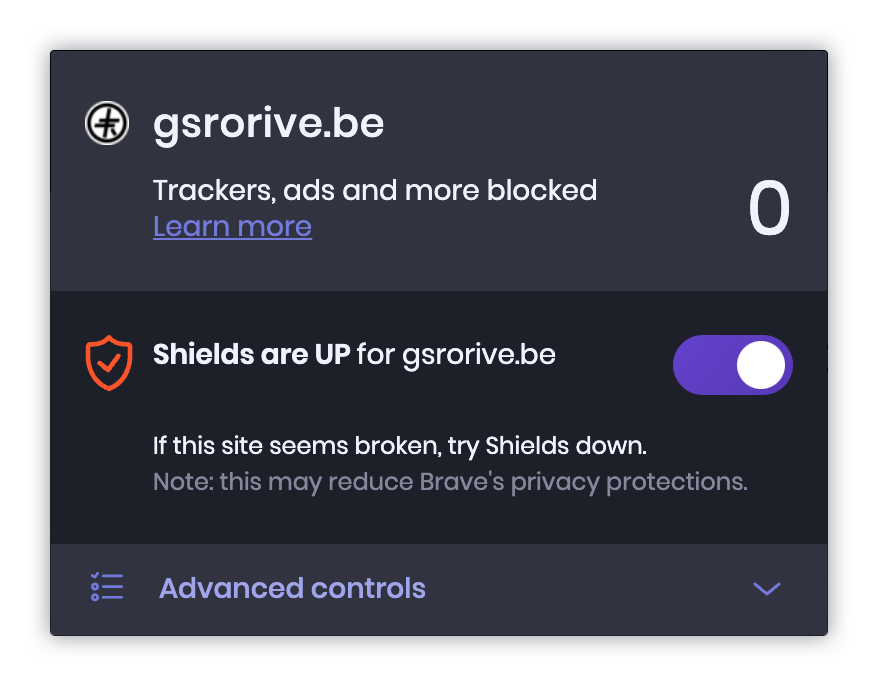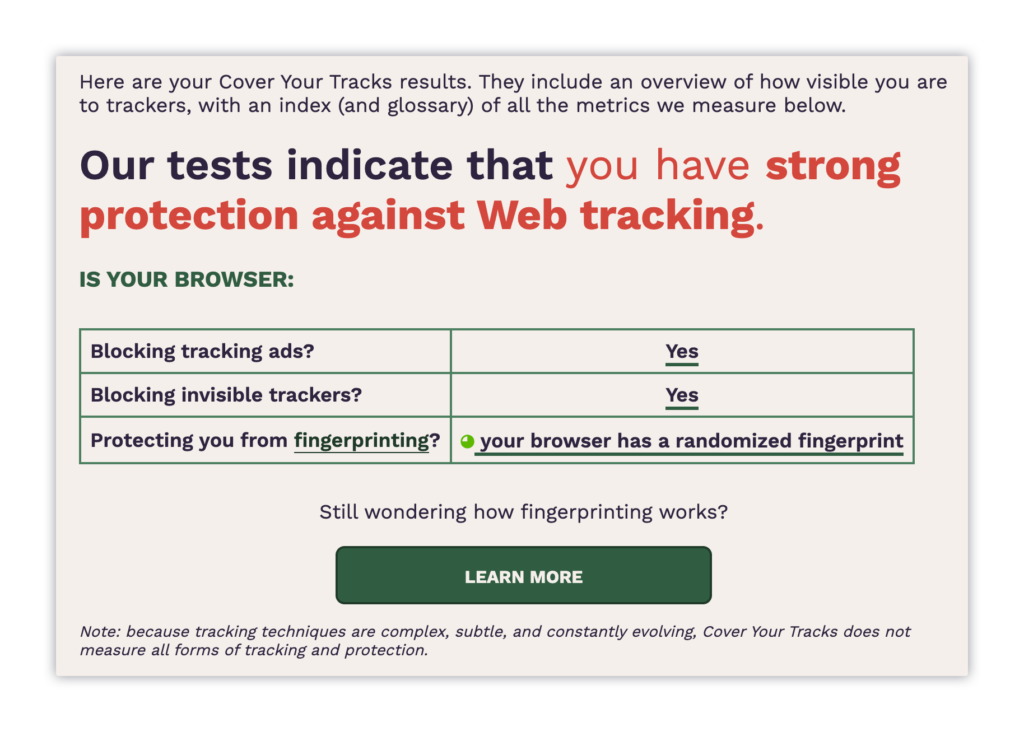Why I’m not selling your data
In this post I’ll explore a form of capitalism that relies on selling your data for profit. I’ll briefly touch upon the dangers of this form of surveillance and how it threatens our freedom, democracy, and privacy. I’ll quickly explain why I don’t do this on my website and suggest some resources by the Electronic Frontier Foundation to help protect your online privacy.
The age of Surveillance Capitalism
In her book “The Age of Surveillance Capitalism”, American author and social psychologist Shoshana Zuboff defines a unique form of capitalism that relies on the commodification of personal data. She then proceeds to explain how GAMAM and their friends use their unprecedented power of surveillance to predict and more importantly control human behaviour – or put simply: how they are selling your data to make you buy stuff.
Source: Statista
Professor Zuboff identifies four key features:
- the constant drive toward more data extraction and analysis,
- the use of computer-monitoring and automation,
- the desire to personalise and customise digital services,
- the use of technological infrastructure for continual experiments on users and consumers.
Most importantly, Professor Zuboff finally warns that this form of capitalism threatens our freedom, democracy, and privacy due to ignorance, learned helplessness, or something as simple as inattention.
Source: Statista.
Do as I say, not as I do
With my years of experience and in my line of work for an advertising agency, did I learn to implement and use these tools to watch you and make you buy things? Of course I did! I was driven and pressured to extract more and more data from your visits and purchases, I used secretive algorithms and automations to monitor your visits and purchases, I purposely personalised your digital experiences to influence you and conducted experiments (mostly in the form of AB tests) on your friends and family.
I give myself too much credit, I did very little compared to what others do. But I am “forced” to admit I will continue to monitor you because it is part of my job description. I will recommend strategies and tools to drive sales. If I don’t, my teammates will be selling your data. My only consolation is in educating clients and technicians on what is too far. I hate the term “grey area”, especially when it comes to privacy. There should be no ill-defined legal situation when working with your personal data.
I’m not tracking you on this website
I used to track visitors of this website with Google Analytics as far back as 2014. But I no longer deliberately monitor people visiting my domain. Not only because I have nothing to sell, but also because my values have changed. Of course, I do sell a service, a profile, an expertise, but I don’t need to monitor you and tie you to some obscure tracker across websites and social media for this purpose.

And that’s where my values come into play. Whilst I will recommend tools and processes to my colleagues and clients to achieve a commercial goal, I will also educate them on what is not necessary. I’m my own client, and I’ve settled for this decision: I won’t monitor you, or track you outside of this domain to sell you something by selling your data to a third party. Some might say “Oh, great, what good does that do?” To which I’ll reply “You’re part of the problem” if you think it doesn’t matter. Just have a good, serious look at how many apps and websites track your every move when they don’t need to.
As Zuboff puts it, this ignorance, helplessness or inattention will cost you your freedom. It is a massive threat to your privacy and a serious concern for our democratic processes.
Note: the website does load typefaces from Google Fonts and an avatar from Gravatar.
Resources to help protect your online privacy
Can you opt out? Sort of. It’s not super easy but you can at least make it harder for advertisers and naughties to track and target you. Do you think you’re playing it safe? Have a quick look at the Cover Your Tracks website by the Electronic Frontier Foundation (EFF). It will show you how trackers see your browser and its most unique and identifying characteristics.
The Electronic Frontier Foundation is an independent non-profit working to protect online privacy. They run a Surveillance Self-Defense expert guide against online spying and big corporations selling your data. You’ll be able to learn a few tips and find a few tools for safer online communications.
